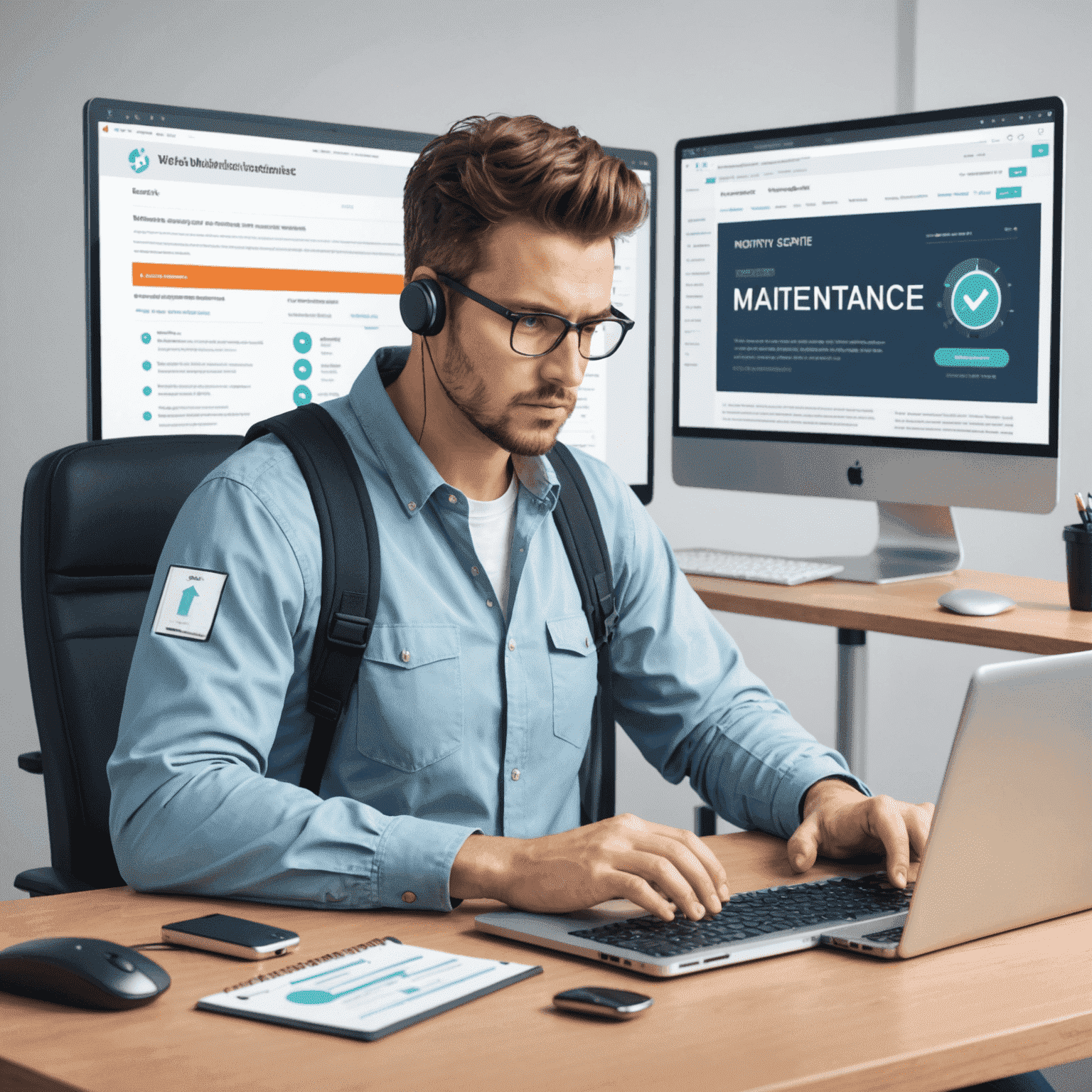Best Practices for Website Maintenance and Updates
Keeping your website up-to-date, secure, and running smoothly is essential for optimal performance and user experience. In this article, we'll explore the key best practices for effective website maintenance and updates.

1. Regular Software Updates
Ensure that your website's content management system (CMS), plugins, and any other software are always up to date. Regular updates often include security patches, bug fixes, and performance improvements. Neglecting updates can leave your site vulnerable to security threats and compatibility issues.
2. Security Monitoring
Implement robust security measures to protect your website from potential threats. This includes using strong passwords, enabling two-factor authentication, and regularly monitoring for any suspicious activity. Consider using security plugins or services that can help detect and prevent threats, intrusions attempts, and other security breaches.

3. Performance Optimization
Regularly assess and optimize your website's performance to ensure fast loading times and a smooth user experience. This involves optimizing images, minifying CSS and JavaScript files, leveraging browser caching, and using a content delivery network (CDN) to serve content from servers closer to the user's location.
4. Backup and Recovery
Implement a reliable backup strategy to protect your website's data and content. Regularly create backups of your website files and database, and store them securely in multiple locations. In the event of data loss or website corruption, having recent backups allows you to quickly restore your site and minimize downtime.

5. Content Updates and Relevance
Keep your website's content fresh, relevant, and engaging. Regularly update your site with new blog posts, articles, or other valuable content that aligns with your target audience's interests. Remove or archive outdated content to maintain a clean and organized website structure.
By following these best practices for website maintenance and updates, you can ensure that your website remains secure, performs optimally, and provides an exceptional user experience. Remember, a well-maintained website is crucial for building trust with your audience and achieving your online goals.